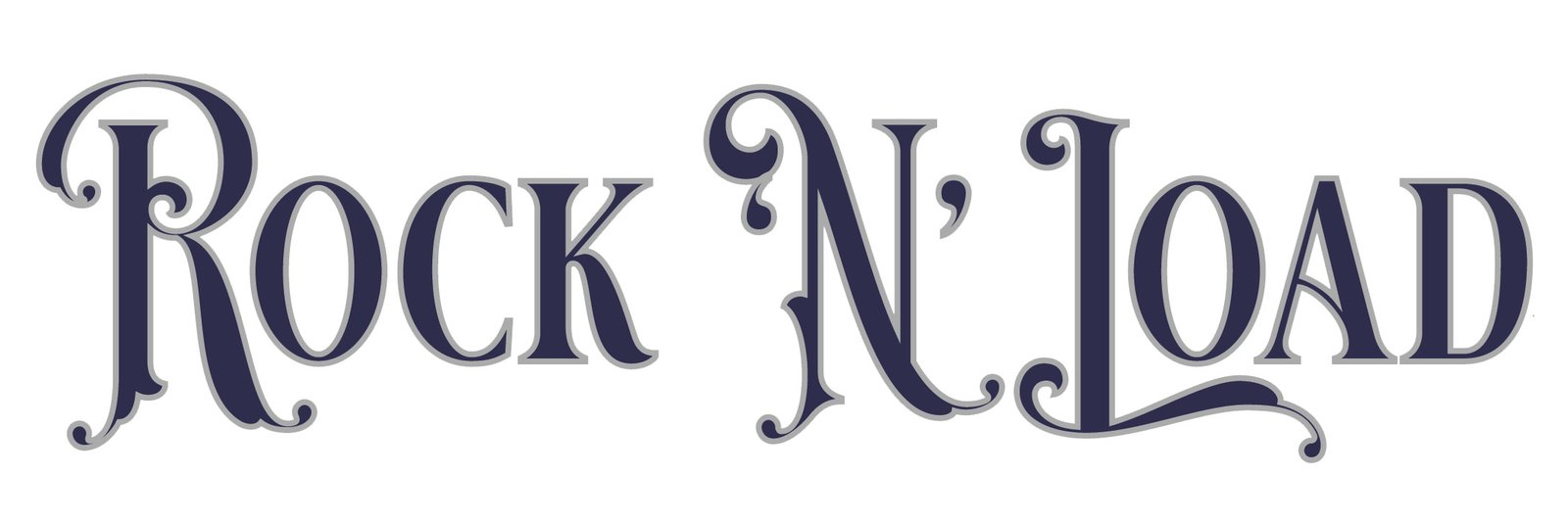Paradise Lost – Ascension Of Europe Tour PT.1 // Messa // High Parasite // Live Review // Electric Bristol
Electric Bristol became a cathedral of catharsis on October 15, 2025. The Ascension of Europe Tour brought together three distinct forces of darkness — High Parasite, Messa, and Paradise Lost — for a night that felt less like a gig and more like a ritual.
High Parasite
The night didn’t start so much as detonate. High Parasite hit the stage like a controlled demolition, shattering any illusion of safety with the first note. Their reputation for sonic confrontation wasn’t just upheld — it was weaponized. What followed was a set that felt like being dragged through a fever dream with no exit.
Their sound was pure collapse: guitars shrieked and splintered, rhythms lurched and spasmed, feedback howled like ghosts in the walls. It was music as ruin — each track a crumbling tower, each breakdown a landslide. One new song stood out like a flare in the wreckage, built around a hypnotic bass loop that slowly drowned in distortion, channelling the raw, feral energy of Aaron’s (lead singer) former band My Dying Bride.
The band barely moved, but the music did all the damage. The drummer pounded out rhythms that felt ancient and ritualistic, like summoning something best left buried. Aaron didn’t sing so much as exorcise — guttural, feral, slicing through the noise like a flare in fog. No smiles, no chatter, no performance — just a full-body purge of emotion, stripped to the bone.
High Parasite isn’t here to entertain. They’re here to rupture. To shake loose whatever comfort you brought in and leave you raw. And they nailed it. A beautiful, brutal descent into chaos that left the room vibrating with something dark and electric.
Review: Steve Gibbons
Photography: Emma Painter
Messa
If High Parasite rattled the senses, Messa wrapped them in velvet. The Italian quartet turned Electric Bristol into something close to sacred — a sonic sanctuary where doom metal met jazz, ambient drift, and Eastern melodies in a way that felt deeply personal. Their set wasn’t just a gig; it was a journey, cinematic and soul-stirring.
What makes Messa so compelling is how effortlessly they shift gears. One moment, the room was shaking under a massive riff; the next, everything fell into hush, broken only by a single, aching note. That constant tension — between weight and fragility — kept the crowd locked in, riding every swell and silence like a wave.
At the heart of it all was Sara Bianchin. She didn’t just sing — she inhabited the music. Her voice moved from soaring operatic highs to intimate whispers, holding the room in a kind of quiet awe. You could feel people leaning in, afraid to breathe too loud and break the spell.
The band blurred genres like it was second nature. Guitar tones that echoed the oud, jazz-tinged drum patterns, ambient stretches that felt like dream sequences which all came together like a live film score, each moment unfolding like a scene. Their ability to build atmosphere was unreal.
By the time they finished, the crowd didn’t erupt, they just let go. It was less applause, more release. Messa didn’t just play songs; they built a world and invited us in. For a little while, it felt like we were somewhere else entirely.
Review: Steve Gibbons
Photography: Emma Painter
Paradise Lost
Paradise Lost didn’t make a grand entrance — they just stepped into the light, calm and composed, like a band that knows exactly who they are. No theatrics, no buildup. Just presence. And from the first note, it was clear: this wasn’t going to be just another set. It was a journey through decades of gothic metal, a living archive of sound and sentiment.
Their setlist played like a carefully curated mixtape, not just greatest hits, but emotional milestones. “Fall from Grace” opened with slow-burning intensity, its layered riffs and mournful tone casting a heavy spell over the room. Then came “As I Die,” raw and relentless, a blast from their early death-doom days that still hits like a punch to the chest. “One Second” shifted gears, bringing in that melodic, gothic shimmer that marked their late-’90s reinvention. “Ghosts” added a modern chill, haunting and hypnotic, while “Say Just Words” lit up the crowd with its driving rhythm and defiant energy. And “Darker Thoughts”, what a closer. It started soft, almost fragile, then built into something massive and cinematic, like watching a storm roll in.
The band was locked in. Nick Holmes’ vocals were razor-sharp, moving from guttural growls to aching croons with ease. Greg Mackintosh’s guitar work was pure emotion with every note feeling like it had a story behind it. Waltteri Väyrynen’s drumming brought precision and fire, and Stephen Edmondson’s bass kept everything grounded, pulsing beneath the surface like a heartbeat.
Visually, it was all about mood. Blue and violet lights washed over the stage, fog curling around the band like smoke from a ritual. Holmes tossed out a few dry jokes between songs, breaking the tension just enough. But mostly, the music held the room in a kind of quiet reverence — not just listening but feeling.
Paradise Lost has this rare gift: they evolve but never lose their soul. That’s what makes them timeless. Their Bristol set wasn’t just a show — it was a shared experience. A space where sorrow and beauty could coexist, where heaviness didn’t just crush, it uplifted with grace and gravity. Electric Bristol didn’t just host a gig, it became a vessel for something deeper. Something unforgettable.
https://linktr.ee/paradiselostofficial
Review: Steve Gibbons
Photography: Emma Painter














































